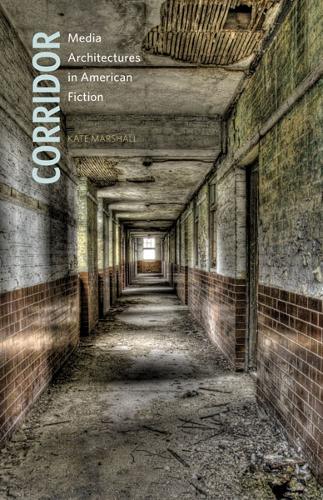
Corridor: Media Architectures in American Fiction
(Paperback)
Publishing Details
Corridor: Media Architectures in American Fiction
By (Author) Kate Marshall
University of Minnesota Press
University of Minnesota Press
22nd August 2013
United States
Classifications
General
Non Fiction
Literature: history and criticism
Media studies
813.609
Physical Properties
Paperback
256
Width 140mm, Height 216mm, Spine 38mm
Description
Corridor offers a series of conceptually provocative readings that illuminate a hidden and surprising relationship between architectural space and modern American fiction. By paying close attention to fictional descriptions of some of modernitys least remarkable structures, such as plumbing, ductwork, and airshafts, Kate Marshall discovers a rich network of connections between corridors and novels, one that also sheds new light on the nature of modern media.
The corridor is the dominant organizational structure in modern architecture, yet its various functions are taken for granted, and it tends to disappear from view. But, as Marshall shows, even the most banal structures become strangely visible in the noisy communication systems of American fiction. By examining the link between modernist novels and corridors, Marshall demonstrates the ways architectural elements act as media. In a fresh look at the late naturalist fiction of the 1920s, 30s, and 40s, she leads the reader through the fetus-clogged sewers of Manhattan Transfer to the corpse-choked furnaces of Native Son and reveals how these invisible spaces have a fascinating history in organizing the structure of modern persons.
Portraying media as not only objects but processes, Marshall develops a new idiom for Americanist literary criticism, one that explains how media studies can inform our understanding of modernist literature.
Author Bio
Kate Marshall is Thomas J. and Robert T. Rolfs Assistant Professor of English at the University of Notre Dame.
